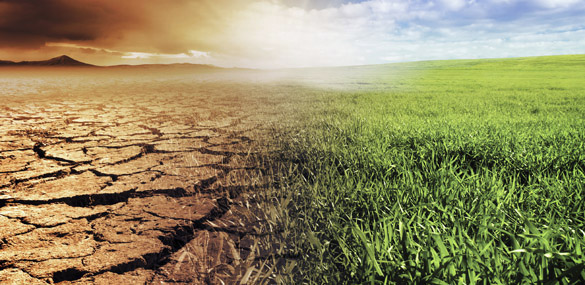Meeting 21st century environment and climate challenges
The role of MIT's Humaniites, Arts, and Social Sciences

MIT announces New Initiative on Environment
Story at MIT News | May 2014
The cross-disciplinary program, led by Susan Solomon, Ellen Swallow Richards Professor of Atmospheric Chemistry and Climate Science, will encourage collaborations among researchers in many different fields at MIT. The SHASS contribution to meeting environmental challenges occurs in three primary areas:
Increasing the capacity for innovation and wise action
By empowering MIT students with political, economic, cultural, and historical perspectives, as well as skills in critical thinking, languages, communication — the School increases the capacity for innovation and wise action across the broad range of humanity's challenges.
More
Research, teaching, and policy
SHASS faculty conduct research and teach subjects geared to meeting challenges in the nexus of environment, energy, water, and poverty — focusing on the historical, political, social, and economic dimensions of these issues, and on the process of aligning policy wtih science. See below for a list of selected classes, all available on OpenCourseWare.
Communication
The School also educates a cadre of science journalists whose work communicating environmental issues (among others) is key to the process of increasing public understanding and shaping policies for a sustainable future.
Story: Communication key to climate progress | Graduate Program in Science Writing
Selected MIT classes on Environment and Sustainability
Humanities and Social Sciences
14.42 Environmental Policy and Economics
Should air and water pollution regulations be tightened or loosened? What are the costs of climate change in the U.S. and abroad?
14.475 Environmental Economics and Government Responses to Market Failure
Regulatory, tax, and other government responses to problems of market failure, with special emphasis on tools to evaluate environmental policies.
17.181 Sustainable Development: Theory and Policy
Explores the concept of sustainable development, including both industrial countries and developing states and economies in transition.
17.32 Environmental Politics and Policy
Environmental policymaking in the United States: why is it crisis-driven, and why do political factors seem to overwhelm sound scientific and engineering judgment?
17.441 International Politics and Climate Change
Interaction of international politics and climate change: conflict (insecurity due to environmental dislocations) and cooperation (international treaties).
21H.421 Introduction to Environmental History
Influence of climate, topography, plants, animals, and microorganisms on human history since 1500, and the reciprocal influence of people on the environment.
21H.207 The Energy Crisis: Past and Present
How Americans have confronted energy challenges since the end of World War II
24.04J Justice | Linguistics and Philosophy
Three opposing theories of social justice—utilitarianism, libertarianism, and egalitarian liberalism—each central to contemporary politics and discourse.
24.03 Good Food: The Ethics and Politics of Food Choices
Explore the values (aesthetic, moral, cultural, religious, prudential, political) expressed in the choices of food people eat.
21W.730-3 Writing and the Environment
Survey the works of popular science writers, lesser-known geologists, biologists, and hydrologists, and famous environmentalists.
STS.034 Science Communication: A Practical Guide
How to communicate science effectively in real-world contexts, especially for complex and challenging topics such as climate change.